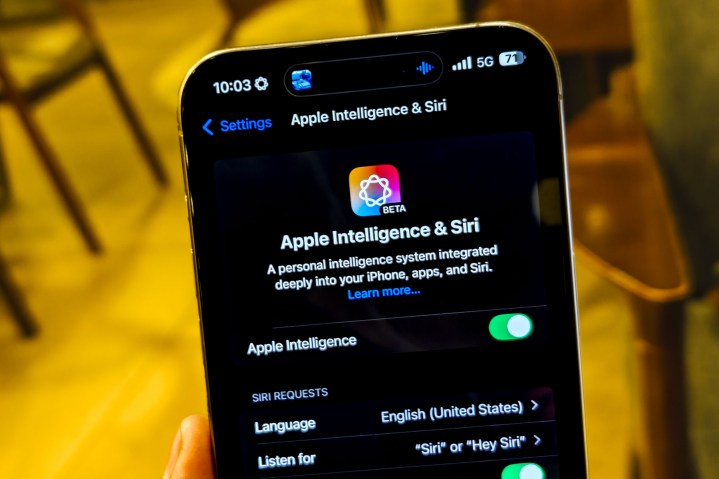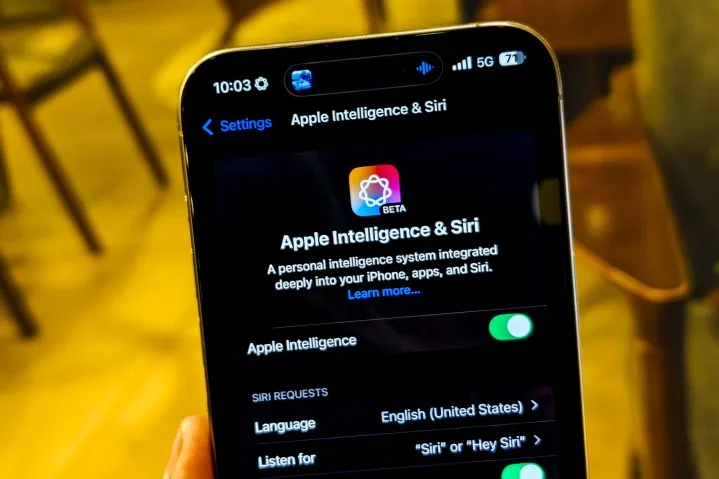Recent insights into AI smartphone usage in China highlight the formidable challenges Apple faces in entering this lucrative market with its Apple Intelligence platform. As delays extend, Apple risks losing ground in an increasingly competitive landscape. Currently, Huawei dominates the AI smartphone sector in China with a commanding 34.8% market share, while Xiaomi follows closely at 26.9%, together accounting for a staggering 61.7%. Vivo, the next competitor, holds a mere 11.6%.
Apple’s presence in this scenario is noticeably absent. The tech giant introduced its Apple Intelligence platform in June and provided more details during the iPhone 16 series announcement in September. However, the initial rollout didn’t occur until the release of iOS 18.1. Even now, many features are still only accessible in beta versions, and Apple’s Intelligence is limited in various regions, including China due to regulatory hurdles.

To launch generative AI products in China, Apple must gain governmental approval, which involves disclosing intense operational details about its AI systems, from training methodologies to compliance with security standards. Given that Apple Intelligence incorporates contributions from ChatGPT, issues arise since OpenAI has blocked its services in China.
It has been suggested that Apple’s options may include discontinuing its operations in the world’s most populous nation or creating a modified version of its AI assistant tailored to meet local regulations. Market data clearly indicates that competitors are leveraging AI to drive their sales, and consumers are seeking devices with those advanced capabilities.
According to IDC, “Chinese consumers expect premium smartphones to be equipped with the latest AI features and might be reluctant to invest over $1,000 in devices lacking advanced functionalities.” Furthermore, the report notes that Samsung has joined forces with Baidu and Meitu to enhance its Galaxy AI capabilities, a strategy Apple might consider to navigate China’s strict AI regulations.
At the end of October, Apple CEO Tim Cook met with officials from China’s regulatory agencies, but it remains unclear whether discussions about Apple Intelligence’s release in China took place. Despite this uncertainty, Apple continues to hold a solid position in the Chinese market, with the iPhone 16 reportedly performing similarly to the previous model. However, research indicates a troubling overall decline for Apple compared to last year, while Huawei, Xiaomi, and the industry leader Vivo have all experienced noteworthy gains. In order to effectively address the challenges posed by Apple Intelligence in China, timely action is crucial.

